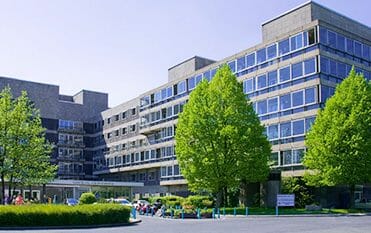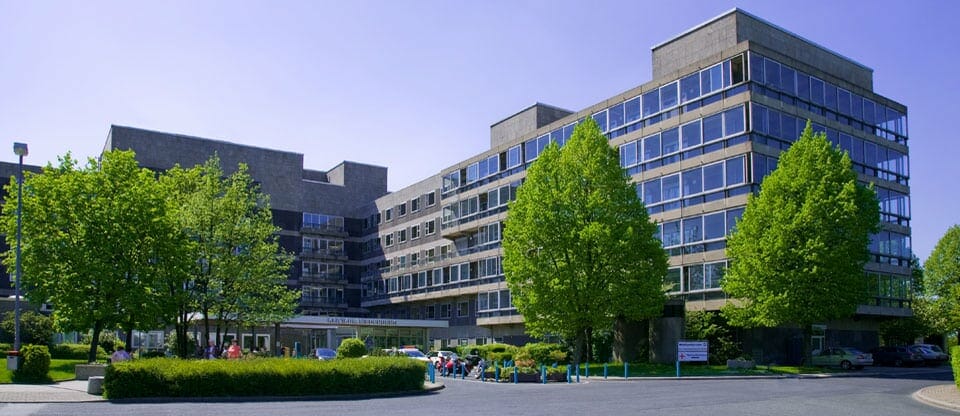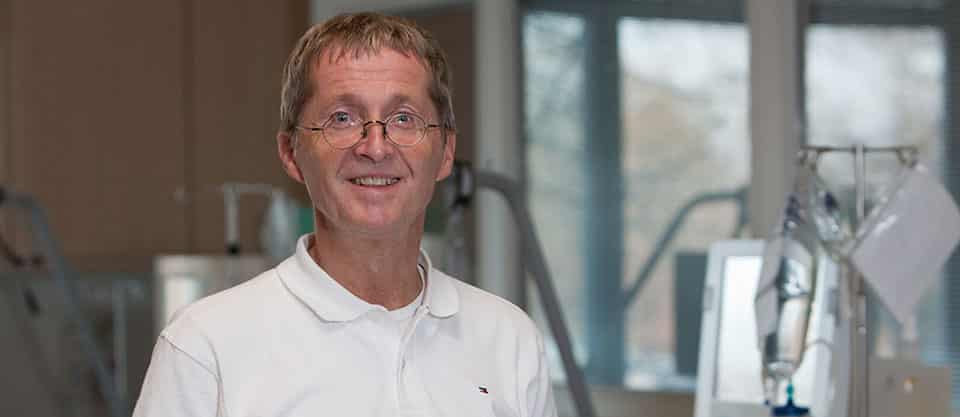Some factors that increase the risk of prostate cancer can be influenced by you.
If you have the impression that prostate cancer is more common in your family, you can contact a genetic counseling centre. As part of this consultation, it is found out whether there is a hereditary form of prostate carcinoma in your family and how likely it is for you to also get prostate cancer. Please note: the hereditary form of prostate cancer can be inherited from both the paternal and maternal lines. For this reason, it is important that you find out on both lines of your parents whether brothers or fathers had prostate cancer. Men from families with hereditary prostate carcinoma should undergo early diagnosis from the age of 40. Maintaining a healthy prostate is also an important principle.
The four cornerstones of this are:
- Achieve and maintain a healthy body weight.
- Regular physical activity. Recommended 45-minute physical activity (eg, golf, gardening), moderate to vigorous, at least 5 days per week.
- A healthy diet, above all, rich in plant foods. Red meat and meat products should be consumed in limited quantities.
- Moderate alcohol consumption (no more than 24 g per day) and, if appropriate, reduced consumption.
According to scientific data, lycopene and phytoestrogens prevent the development of prostate cancer. Lycopene belongs to the so-called secondary plant substances and is the substance that colors tomatoes red. Accordingly, you should eat them as often as possible. Protection for the prostate is found not only in fresh tomatoes, but also in tomato juice, tomato paste and ketchup.
Phytoestrogens are plant hormones similar in their action to the female sex hormone estrogen. They are found especially in soybeans. Therefore, they and their products, such as tofu, should be regularly included in the diet to maintain prostate health.
Video
Request appointment
Useful links















